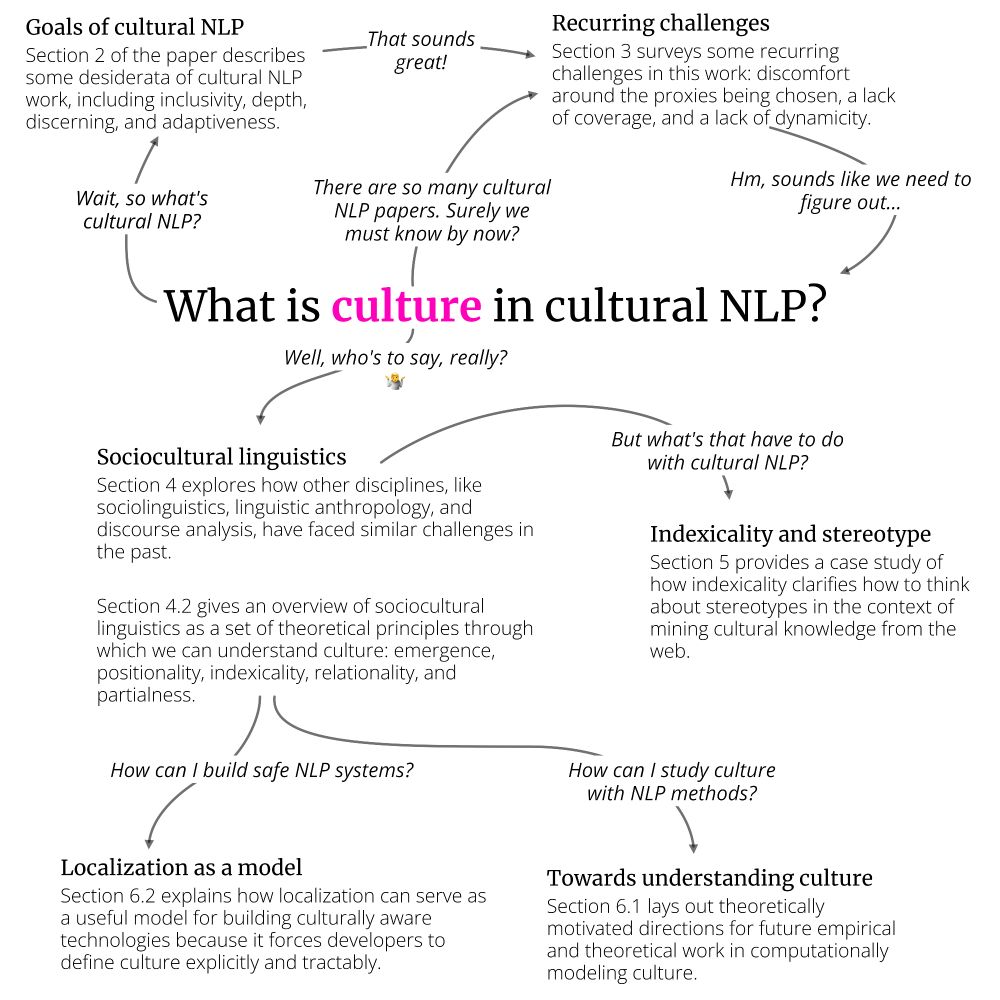Nanne van Noord
@nanne.bsky.social
290 followers
150 following
43 posts
Assistant Professor of Visual Culture and Multimedia at University of Amsterdam. http://nanne.github.io
Posts
Media
Videos
Starter Packs
Reposted by Nanne van Noord
Nanne van Noord
@nanne.bsky.social
· Jul 27
Nanne van Noord
@nanne.bsky.social
· Jul 27
Nanne van Noord
@nanne.bsky.social
· Jul 27
Nanne van Noord
@nanne.bsky.social
· Jul 27
Nanne van Noord
@nanne.bsky.social
· Jul 27
Nanne van Noord
@nanne.bsky.social
· Jul 27
Nanne van Noord
@nanne.bsky.social
· Jul 27
Nanne van Noord
@nanne.bsky.social
· Jul 26
Nanne van Noord
@nanne.bsky.social
· Jul 26
Nanne van Noord
@nanne.bsky.social
· Jul 26
Nanne van Noord
@nanne.bsky.social
· Jul 26
Nanne van Noord
@nanne.bsky.social
· Jul 26
Nanne van Noord
@nanne.bsky.social
· Jul 25

Identifying Prompted Artist Names from Generated Images
A common and controversial use of text-to-image models is to generate pictures by explicitly naming artists, such as "in the style of Greg Rutkowski". We introduce a benchmark for prompted-artist reco...
arxiv.org
Nanne van Noord
@nanne.bsky.social
· Jul 18
Nanne van Noord
@nanne.bsky.social
· Jul 18
Nanne van Noord
@nanne.bsky.social
· Jul 18
Nanne van Noord
@nanne.bsky.social
· Jul 18
Nanne van Noord
@nanne.bsky.social
· Jul 18
Nanne van Noord
@nanne.bsky.social
· Jul 17
Nanne van Noord
@nanne.bsky.social
· Jul 17
Nanne van Noord
@nanne.bsky.social
· Jul 17
Nanne van Noord
@nanne.bsky.social
· Jun 30
